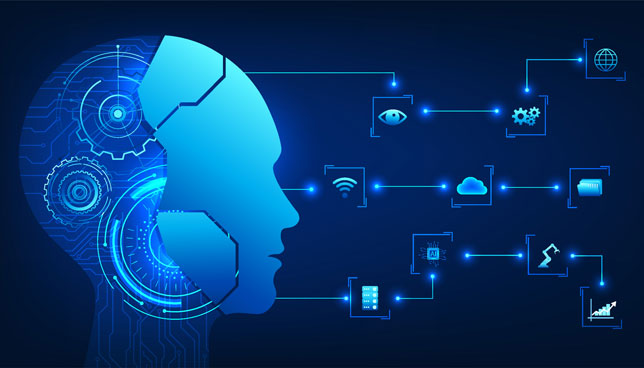
Google Cloud has released its second annual ROI of AI study, finding that 52% of enterprise organizations now deploy AI agents in production environments. The comprehensive survey of 3,466 senior leaders across 24 countries highlights the emergence of a distinct group of "agentic AI early adopters" who are achieving measurably higher returns on their AI investments.

Microsoft has unveiled a public‑preview of its collaborative agents in Microsoft 365 Copilot, bringing a array of "always‑on" agents grounded in context for channels, meetings, SharePoint sites, Viva Engage communities, and Planner workloads.
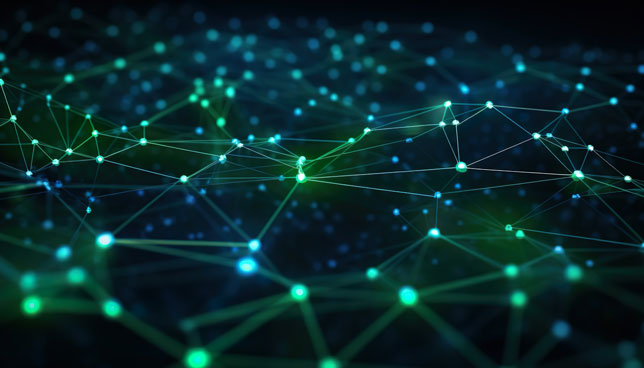
HPE recently introduced new capabilities for its Juniper Mist platform that leverage agentic AI to enable more autonomous, intelligent, and proactive network operations.

Druva has announced Dru MetaGraph, a secure, tenant-specific, graph-powered metadata layer to power real-time data intelligence.

OpenAI has announced it is developing a separate version of ChatGPT for teenagers and will use an age-prediction system to steer users under 18 away from the standard product, as U.S. lawmakers and regulators intensify scrutiny of chatbot risks to minors.
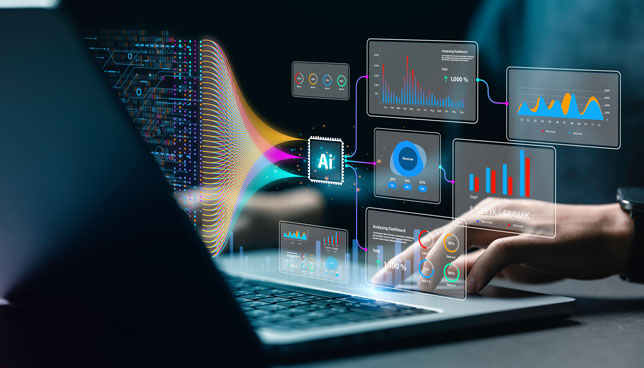
Adoption of AI tools is growing quickly but remains uneven across countries and industries, with higher-income economies using them far more per person and companies favoring automated deployments over collaborative ones, according to a recent study from Anthropic.
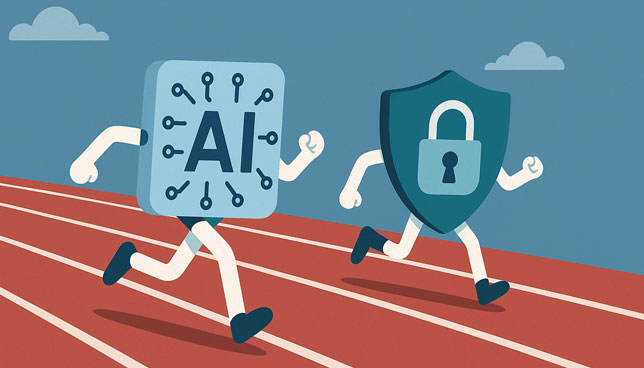
For the first time, artificial intelligence has moved to the top of the priority list for state education leaders — knocking cybersecurity from the number one spot, according to the 2025 State EdTech Trends report from SETDA.
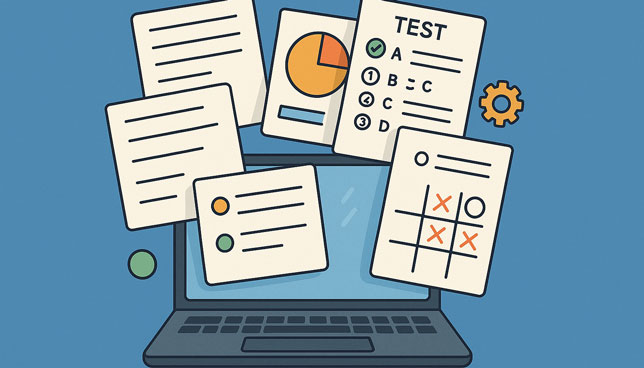
GoGuardian recently introduced new artificial intelligence features within its Pear Deck Learning curriculum and instruction platform, designed to aid educators throughout their teaching journey — from lesson planning to assessment.
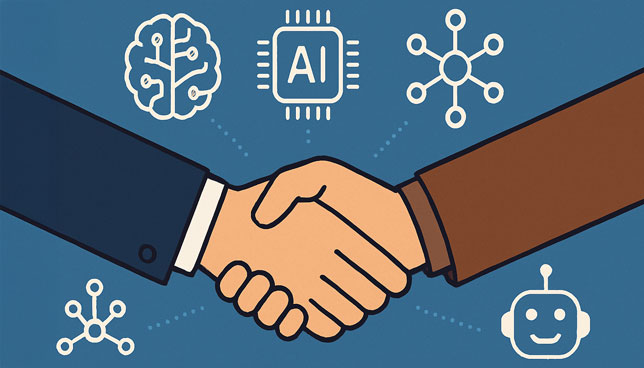
At the Sept. 4 meeting of the White House Task Force on Artificial Intelligence Education, Microsoft and Amazon announced new commitments to expanding AI education and skills training.
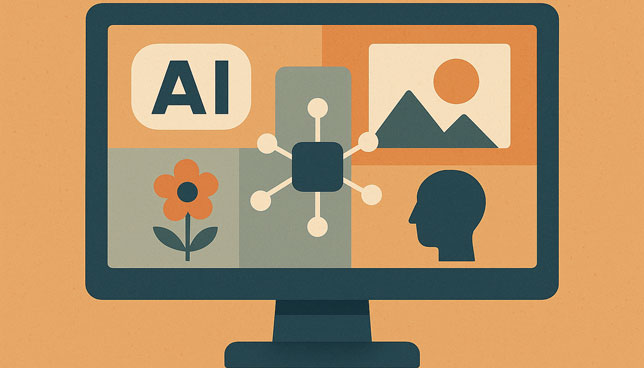
Google has unveiled Gemini 2.5 Flash Image, marking a significant advancement in artificial intelligence systems that can understand and manipulate visual content through natural language processing.